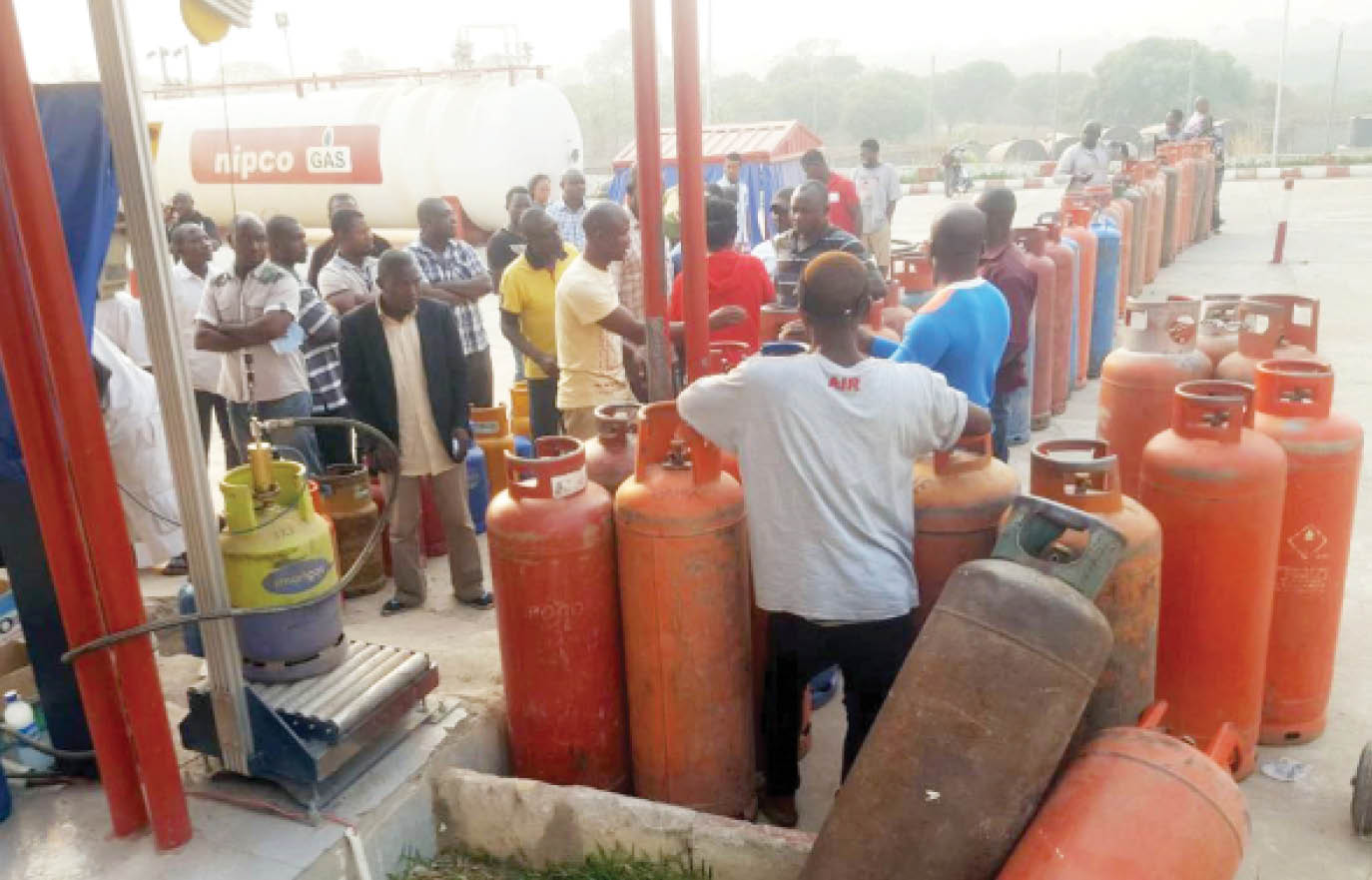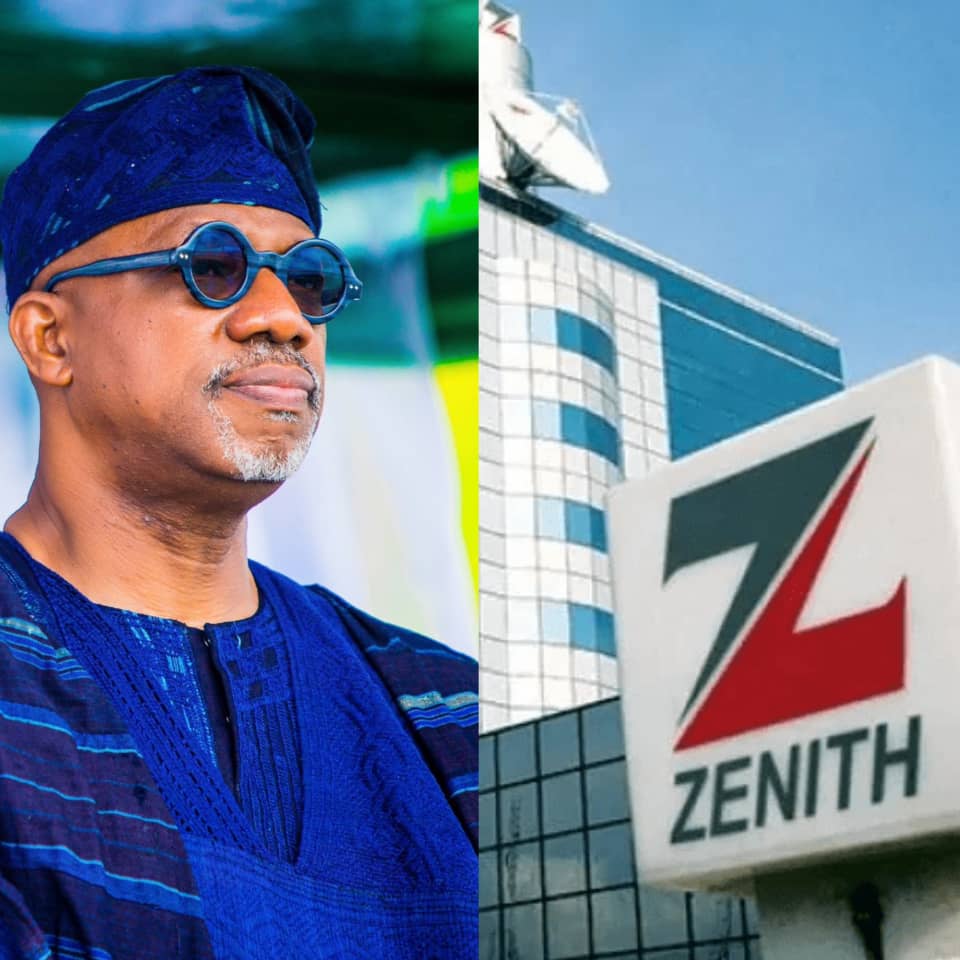Cooking Gas Crisis Worsens as Price Soars to ₦3,000 per Kg in Lagos, Ogun

The scarcity of Liquefied Petroleum Gas (LPG), popularly known as cooking gas, has worsened across Lagos and Ogun states, pushing retail prices to between ₦1,800 and ₦3,500 per kilogramme, despite recent Government data suggesting a price drop.
According to the National Bureau of Statistics (NBS), the average cost of refilling a 5kg cylinder fell from ₦8,243.79 in July to ₦6,404.02 in August 2025.
However, market checks by Global Mirror News show that prices have since spiked sharply, driven by supply disruptions, union strikes, and maintenance shutdowns at major gas terminals.
At Ijeshatedo in Surulere, Lagos, long queues were observed at filling stations and roadside depots, where desperate consumers struggled to refill their cylinders.
“I spent the whole day moving from one station to another yesterday,” said Mrs. Ajayi, a resident.
“Everywhere was crowded, and the few that had gas sold it between ₦3,000 and ₦3,500 per kg. Even filling stations selling for ₦2,500 were overwhelmed with customers.”
In Ogun State, residents of Atan, Ota, and Ifo reported similar experiences, with prices hovering between ₦2,000 and ₦2,500 per kg.
Many families said they have been forced to switch to charcoal, firewood, or electric cookers to cope.
“We can’t keep up with this anymore,” lamented a trader at Atan. “It’s either there’s no gas or it’s too expensive. Families are going back to using firewood.”
At Igando, Lagos, gas retailers said prices vary daily depending on supply availability, selling between ₦1,800 and ₦2,000 per kg.
The President of the Nigerian Association of Liquefied Petroleum Gas Marketers (NALPGAM), Abideen Olatunbosun, attributed the crisis to supply bottlenecks caused by the Petroleum and Natural Gas Senior Staff Association of Nigeria (PENGASSAN) strike and ongoing maintenance at major terminals.
“What we are seeing now is a ripple effect of supply distortion,” Olatunbosun explained.
“Once gas is not moving from depots, retail prices will naturally skyrocket. The maintenance at some terminals has further worsened the situation.”
He appealed to the federal government to intervene urgently by engaging stakeholders to restore steady gas flow and avert further hardship.
Industry analysts warn that the cost of refilling a standard 12.5kg cylinder could rise beyond ₦35,000 before the end of October, heightening inflationary pressure and worsening the cost-of-living crisis.
Analysts say the cooking gas shortage has exposed the fragile state of Nigeria’s energy infrastructure, where poor logistics, inconsistent policies, and dependence on imports continue to undermine stability in the domestic gas market.
Energy consultant Tolu Adebayo noted that “unless government intervenes to stabilize supply and incentivize local production, Nigerians will keep facing seasonal scarcity and arbitrary price hikes.”
Editor’s Note:
The LPG crisis highlights the growing gap between official inflation figures and real household costs.
With the energy sector facing compounding disruptions, coordinated government action is vital to protect consumers and sustain domestic energy security.


